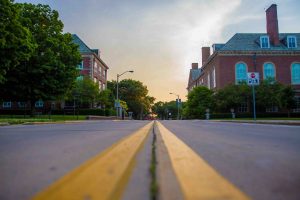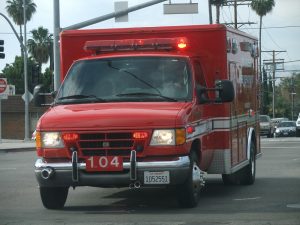 Discussions about the use of cameras in nursing homes in Orange County and throughout Southern California have become common as lawmakers, safety advocates, and family members seek innovative solutions to prevent nursing home abuse and neglect and to gain evidence to hold perpetrators accountable. Yet, are cameras in residents’ rooms the best way to stop nursing home abuse, or are there significant ethical issues that we need to consider before we decide that the benefits of “granny cams,” as these cameras are commonly called, outweigh their limitations?
Discussions about the use of cameras in nursing homes in Orange County and throughout Southern California have become common as lawmakers, safety advocates, and family members seek innovative solutions to prevent nursing home abuse and neglect and to gain evidence to hold perpetrators accountable. Yet, are cameras in residents’ rooms the best way to stop nursing home abuse, or are there significant ethical issues that we need to consider before we decide that the benefits of “granny cams,” as these cameras are commonly called, outweigh their limitations?
A recent article in McKnight’s Long-Term Care News addresses the ethics of “granny cams” in nursing homes and suggests that more research needs to be done concerning these tools before they become widespread.
Are Nursing Home Cameras Ethical, or do They Invade Residents’ Privacy?
 California Nursing Home Abuse Lawyer Blog
California Nursing Home Abuse Lawyer Blog
















